
People love food, and part of that love is engaging in healthy and constructive debates around it. And when it comes to divisiveness around food, one leafy, wispy herb stands out. Cilantro—either you love or hate it.
For its lovers, its rounded leaves brighten up many Mexican, Asian, and Middle-Eastern dishes by giving them citrusy and peppery hints. For its haters, one small whiff is enough to turn them off a dish entirely.
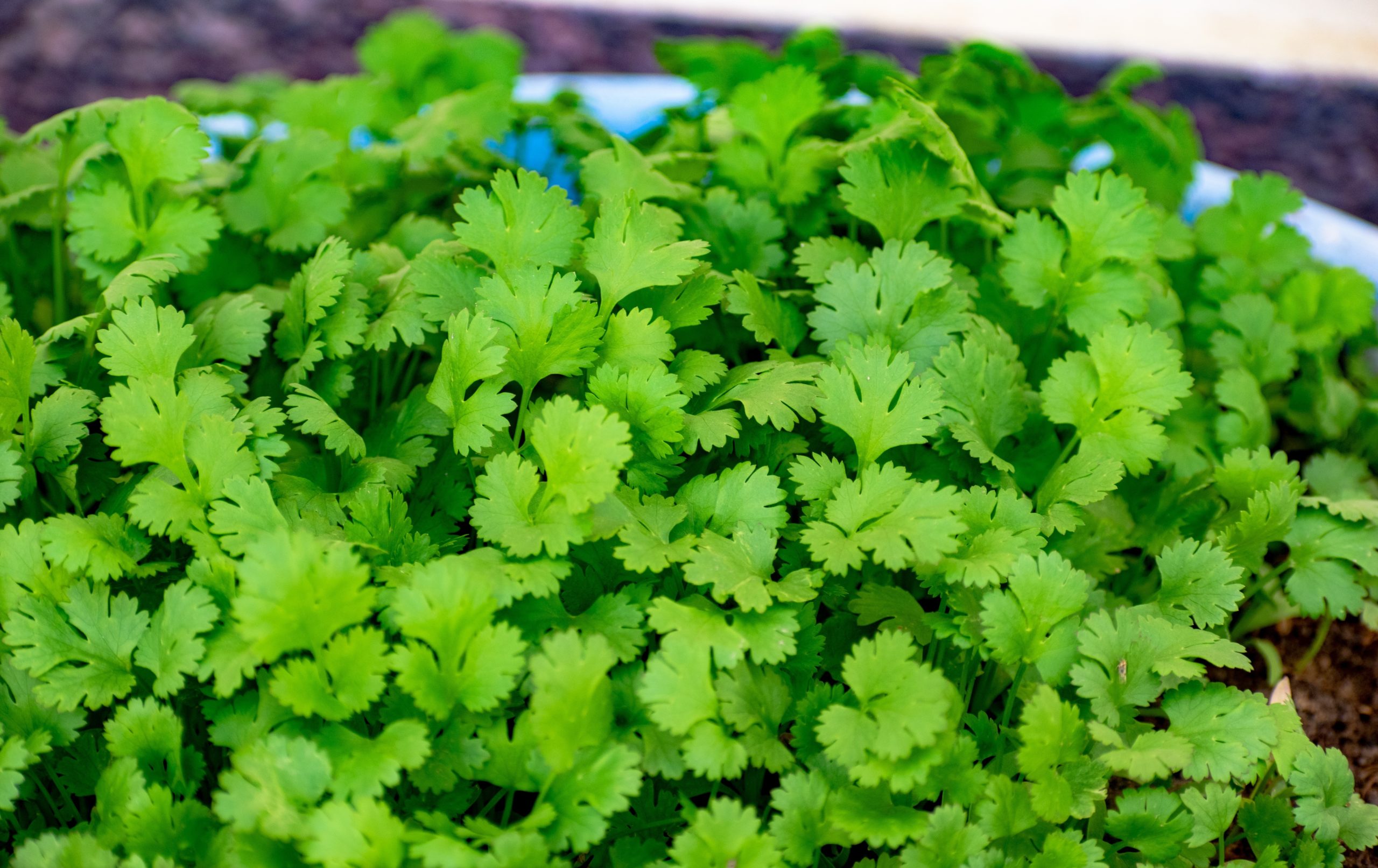
Among its prominent haters is the cultural phenomenon herself, Julia Child. She once told Larry King, “I don’t like cilantro…[it has] kind of a dead taste to me.” Asked if she would ever order a dish with cilantro, she replied expressly, “Never. I would pick it out and throw it on the floor.”
Cultural anthropologist and the so-called “Indiana Jones of Food,” Dianne Kennedy disagrees. In a documentary about her life, Kennedy memorably quips about cilantro-hating guests—“if people say they don’t like cilantro, please don’t invite them.”

Why all the hate?
Cilantrophobes liken the taste to so many disgusting things (cat pee, moldy shoes, and soap). But as it turns out, all this hate is not due to personal preference. Science says you can blame genetics, specifically the OR6A2 gene.
The OR6A2 gene is an olfactory receptor gene that makes a person sensitive to aldehydes, the organic compounds that are present in cilantro. People who find cilantro offensive probably has this gene (yes, that includes you, Julia Child!) while those without it can taste cilantro for what it really is.
So, controversy aside, can we all just agree to disagree? Because, truth be told, cilantro is a rock star of an herb. Here’s why.
What is cilantro?
A member of the Apiaceae family, Cilantro is an herb from the fresh leaves of the coriander plant (Coriandrum sativum). It is often interchanged with coriander, but differentiating them is actually quite simple.
Cilantro is the leaves of the plant, while coriander usually refers to the plant’s seeds, which are typically ground and used as a spice. In other countries, however, cilantro goes by a different name, such as Mexican parsley, Chinese parsley, or fresh coriander. But know that wherever in the world cilantro is planted and grown, it all looks and tastes the same – for cilantro lovers, that is.
Cilantro dates back its existence to ancient times, when its seeds were discovered in 8,000-year-old caves in Israel. There are even ancient Sanskrit and biblical references to coriander.
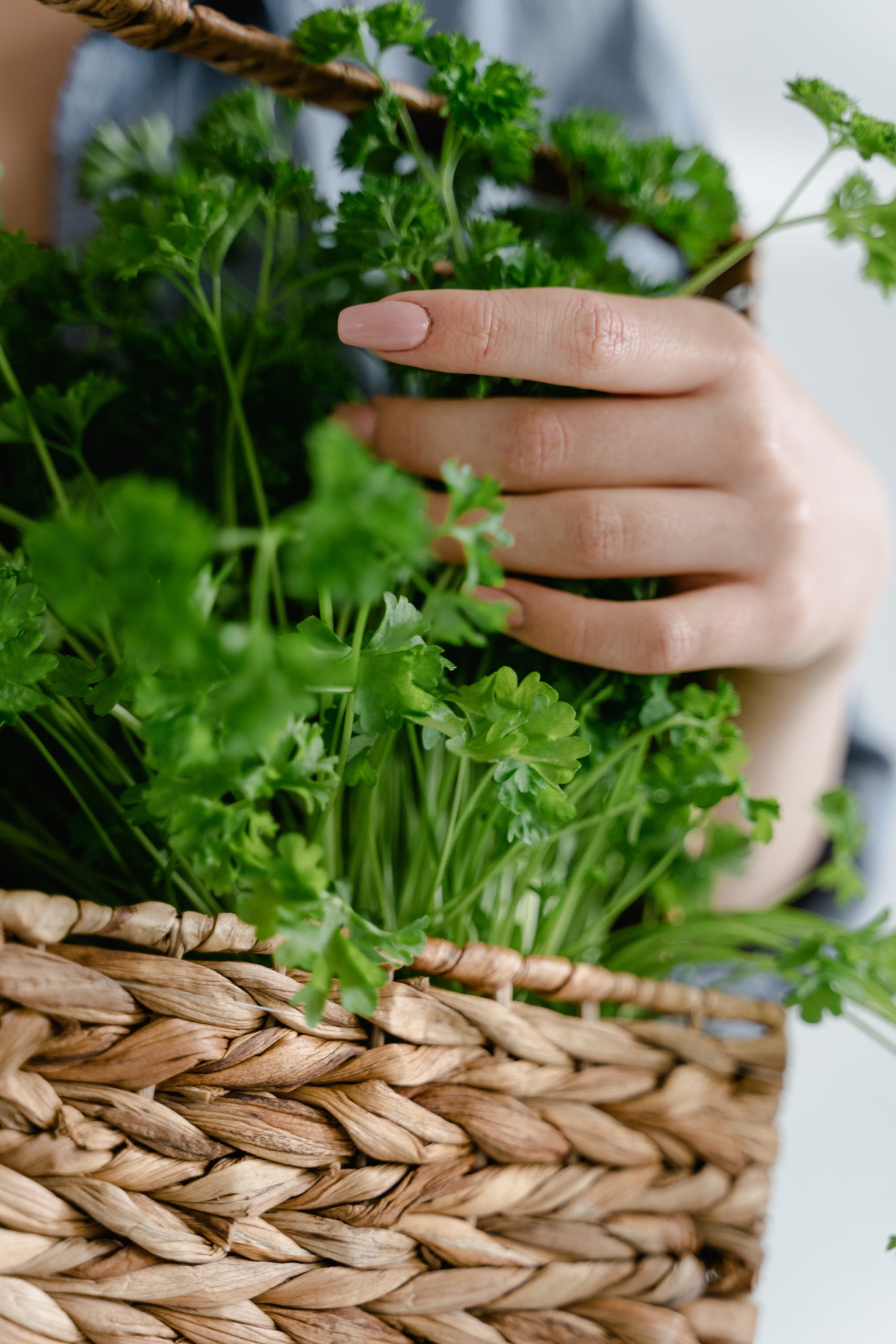
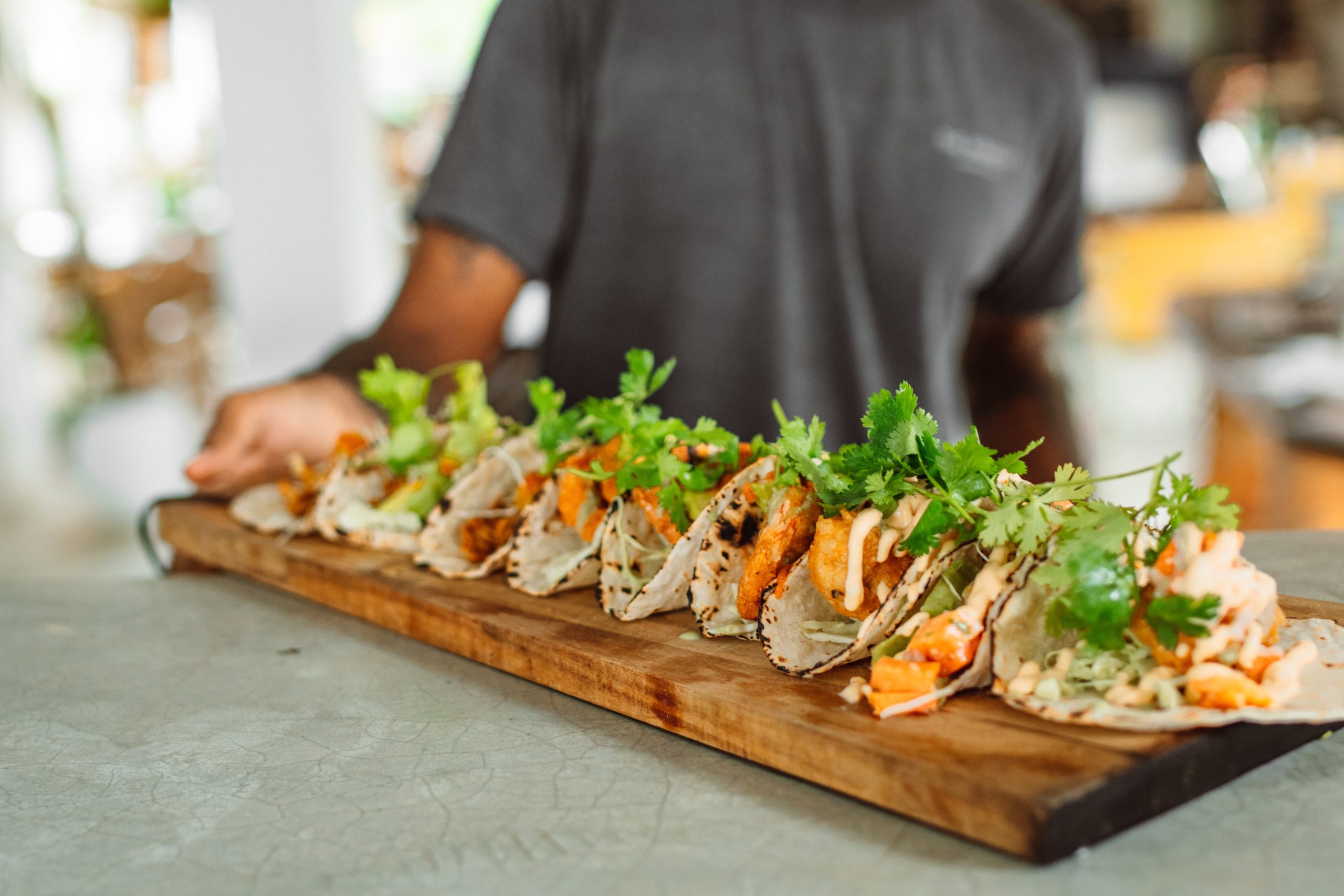
Though cilantro is native to the Mediterranean, it is known and used all over the world. You can typically find cilantro either garnishing or brightening up dressings, salsas, soups and stews, and is often added into dishes and consumed fresh. It has become so popular that cilantro is now an ubiquitous ingredient in cuisines such as Mexican (hello tacos!), and Vietnamese (bahn mi yum!).
What does cilantro taste like?
For cilantro lovers, what does cilantro really taste like? For an herb, cilantro has a strong flavor. Many people describe the taste as herby yet citrusy at the same time. Others describe cilantro’s taste a bit differently — warm, slightly spicy, and nutty.
Of course, taste and perception vary from person to person. But there is one thing all cilantro lovers can agree on: cilantro makes everything taste better.
It’s too bad for those who are genetically predisposed to abhor cilantro, for this herb is not only handy in the kitchen, it boasts of a variety of health benefits too.
Cilantro nutrition: is cilantro good for you?
Though cilantro is rarely consumed in large amounts (as it is often used as a garnish), cilantro is loaded with nutrients, antioxidants, and antifungal properties.
Its nutritional content includes vitamins A, C, K, folate, potassium, and manganese, according to WebMD.
Let’s look at the many health benefits of cilantro.
First, it’s good for managing your sodium or salt intake.
Choosing to flavor your dishes with natural herbs like cilantro can help you lower your salt and sodium intake.
By doing that, you’re already lowering the risk of acquiring high blood pressure. High-sodium diet is known to be the number one cause of high-blood pressure.
Secondly, because cilantro is rich in antioxidants, it can help reduce inflammation and prevent cell damage, according to health.com. Yes, cilantro is good for your skin, and a healthy consumption will give your skin a radiant look.
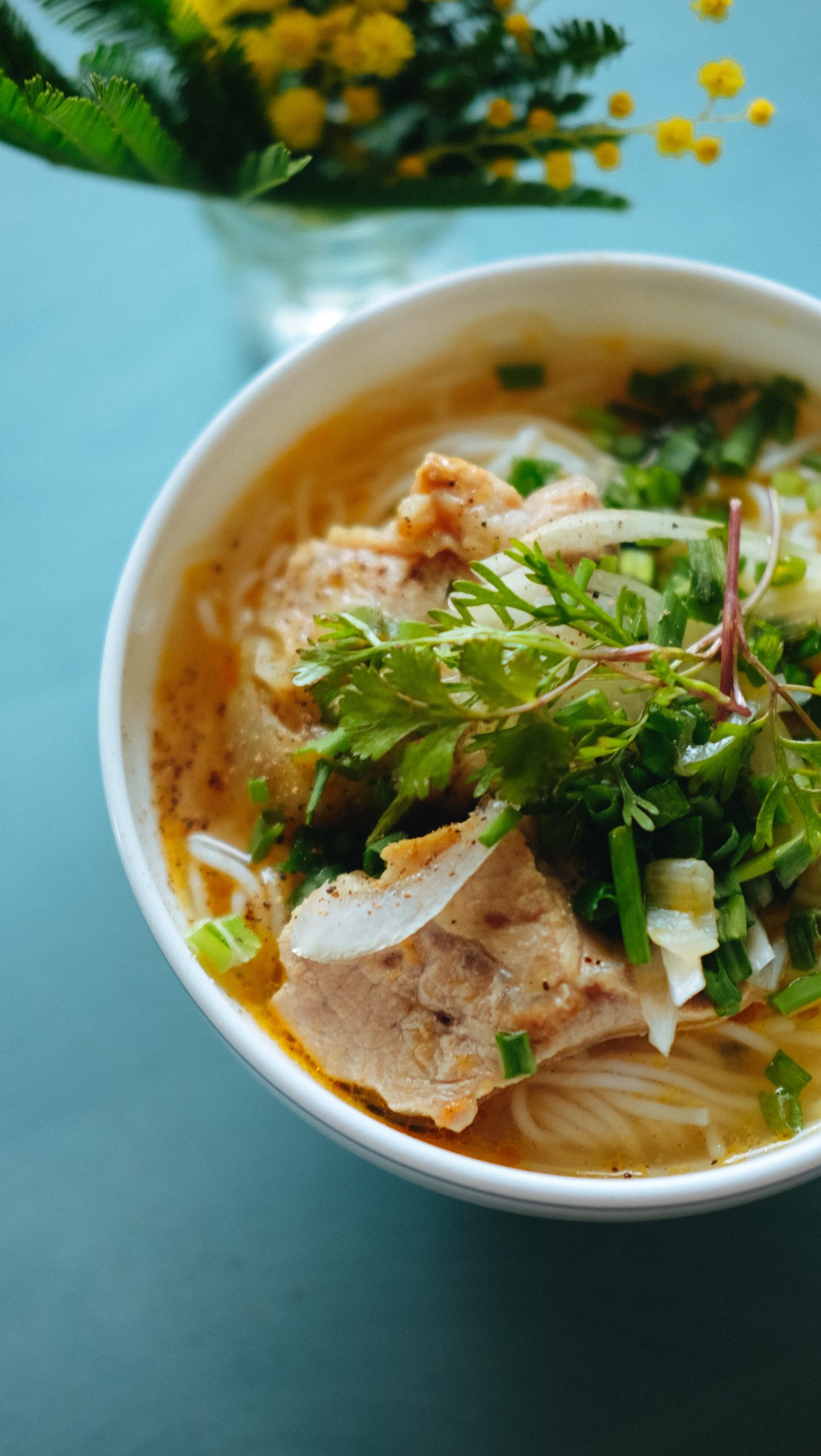
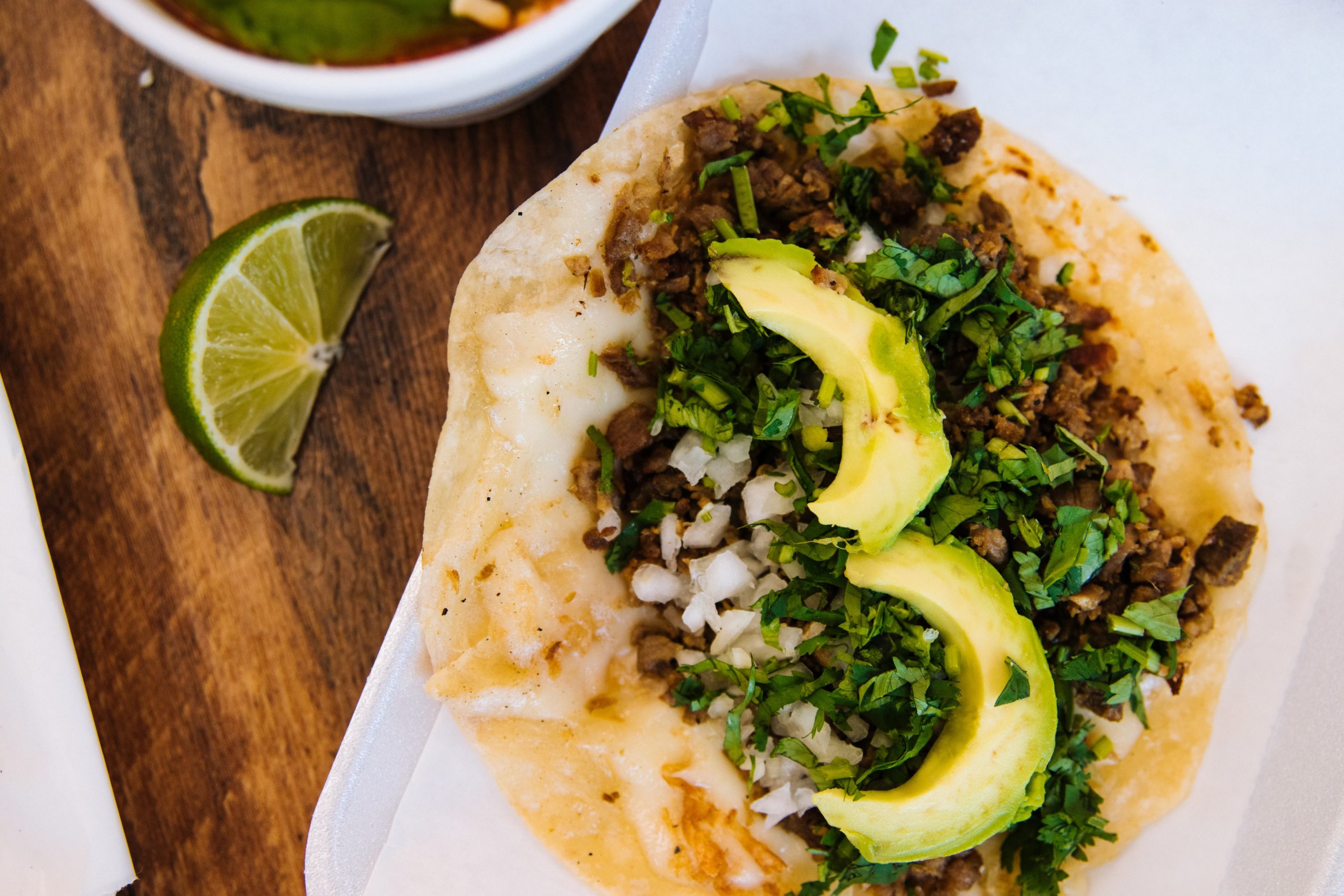
There are also existing studies that show cilantro has anticancer effects, as well as anti-pain and inflammatory benefits.
Does cilantro help prevent cancer? In a 2019 test tube study, they found that the extract of cilantro helped reduce the size of prostate cancer cells. However, further study needs to be done to see if the results would be the same for humans.
Is cilantro an anti-inflammatory food? Studies point to yes. A growing body of evidence has suggested that cilantro may be useful for body pain and inflammation. Specifically, the extracts of the plant itself (Coriandrum sativum) produced a significant analgesic effect when it was tested on rats. Similar to anti-cancer effects, this health benefit needs to be further tested and proven.
Lastly, cilantro’s extract is being studied as a potential natural ingredient for anti-fungal medicine. When developed, this can replace chemicals used in anti-fungal creams that experts fear would be potentially harmful to human skin.
In defense of cilantro
Among all herbs, cilantro is proving to be the most memorable, if not for its taste, but for the different ways people feel about it. It’s the love-hate, great cilantro debate, with cilantro earning the reputation for being a controversial, divisive, and polarizing herb.
Cilantro lovers, do not fret. For there is hope on the horizon that both lovers and haters can arrive at an acquiescence. In December 2021, Mexican Grill restaurant Chipotle launched a cilantro soap. Sold for eight dollars a bar, all stocks got sold out in just 24 hours.
Chipotle’s social media exploded, as it succeeded to engage both cilantro lovers and haters, bringing both sides together. A truce, or a parley? Whatever it may be, our beloved cilantro deserves nothing less.
Tags
References:
https://delishably.com/spices-seasonings/Why-Does-Cilantro-Taste-Bad
https://www.today.com/food/why-does-cilantro-taste-soap-so-many-people-t175657
https://www.npr.org/templates/story/story.php?storyId=127092887
https://www.mashed.com/418694/what-is-cilantro-and-what-does-it-taste-like/
https://www.health.com/nutrition/cilantro-benefits
https://www.webmd.com/diet/health-benefits-cilantro



0 Comments